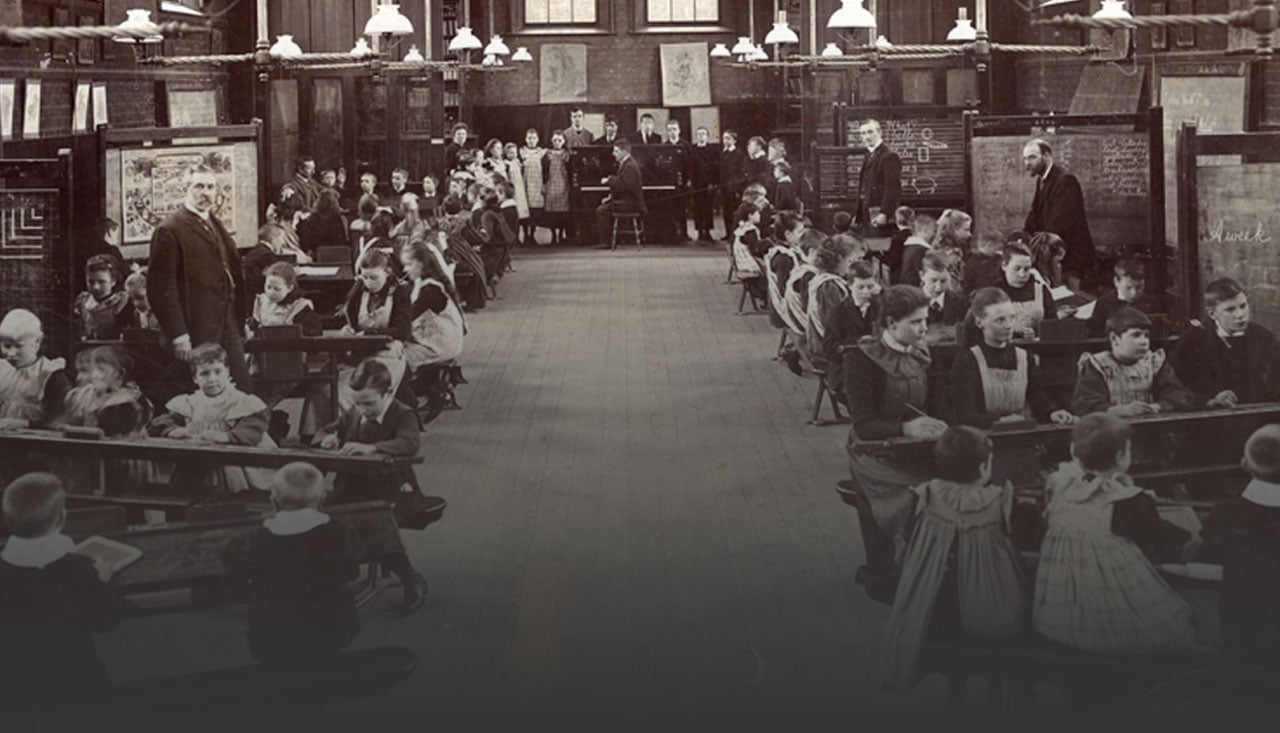Features
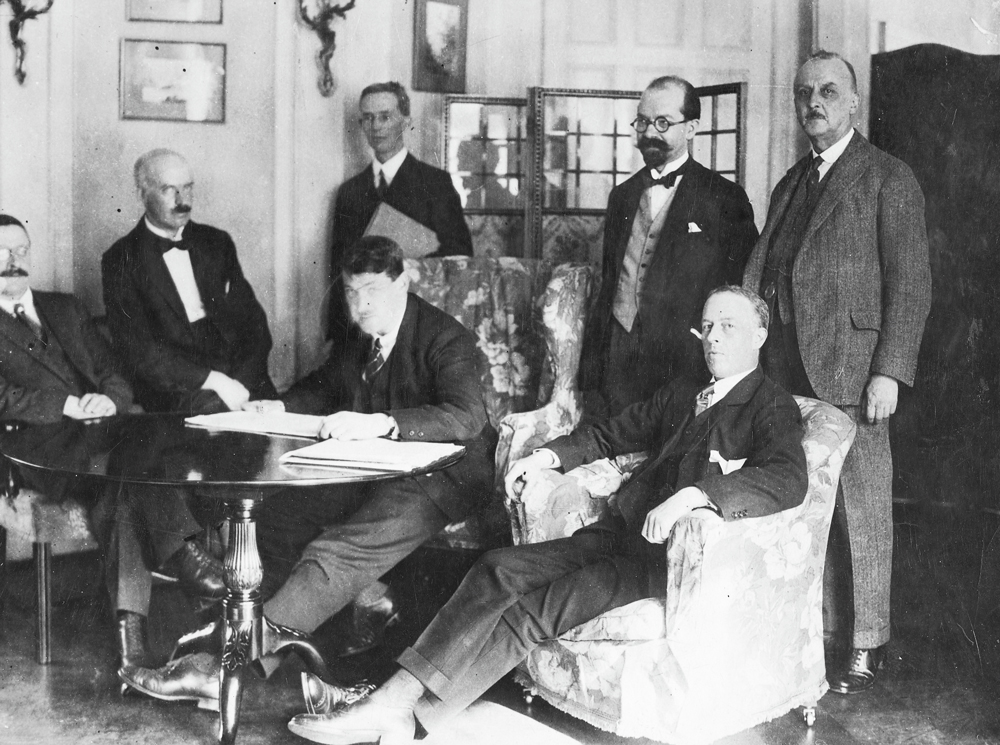
Explainer: Negotiating the Treaty, October-December 1921
The ‘Treaty negotiations’ began in London on 11 October 1921 and culminated in the signature, by British and Irish negotiators of ‘Articles of Agreement’ – better known as the Treaty – in the early morning of 6 December 1921. This led directly to the creation of the Irish Free State...
READ THIS FEATURE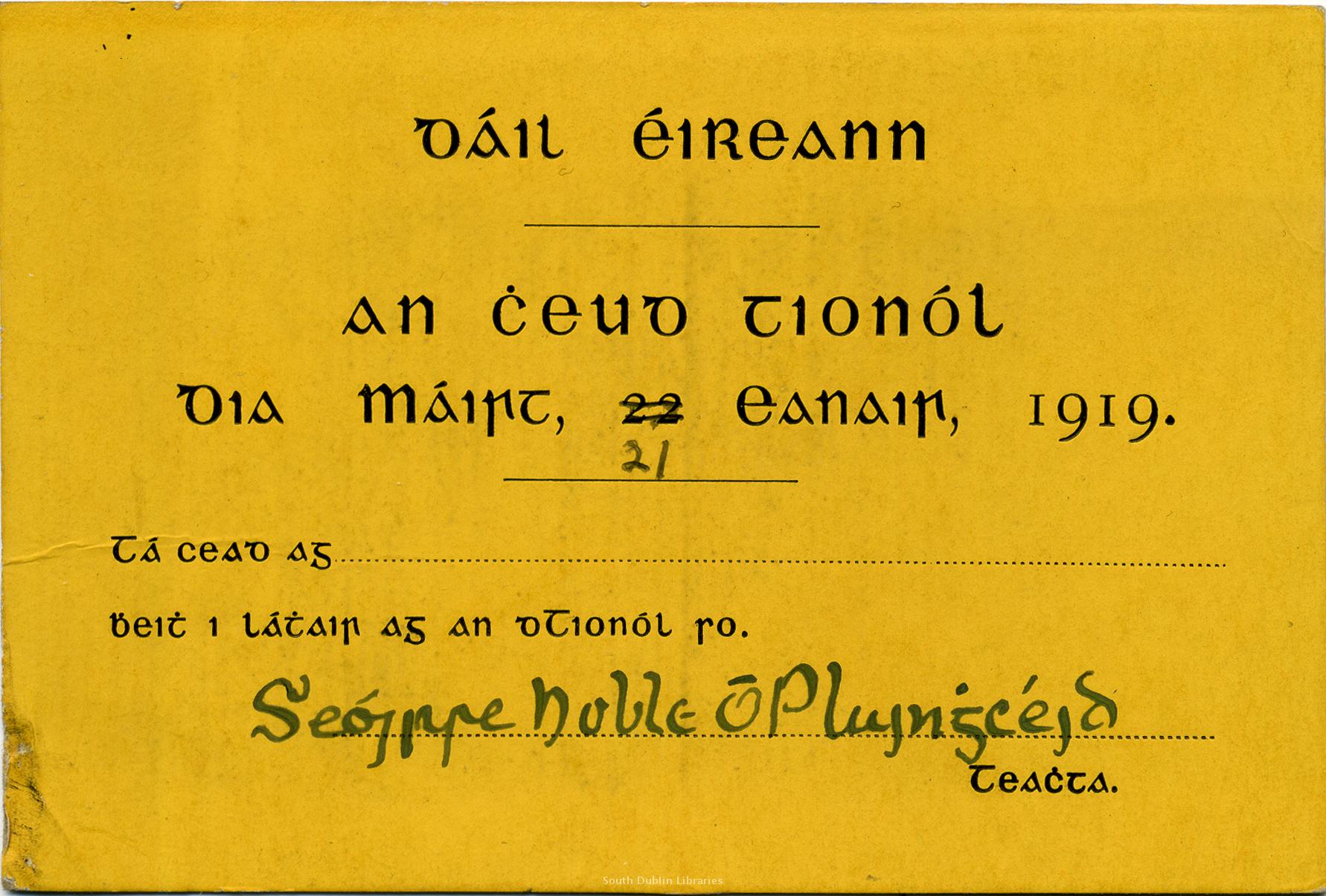
Explainer: Establishing the First Dáil
The First Dáil met in public session in the Round Room of Dublin’s Mansion House on 21 January 1919. Proceedings began at 3.30pm when 27 men who had been elected as members to the Westminster parliament in the December 1918 general election gathered to proclaim Dáil ...
READ THIS FEATURE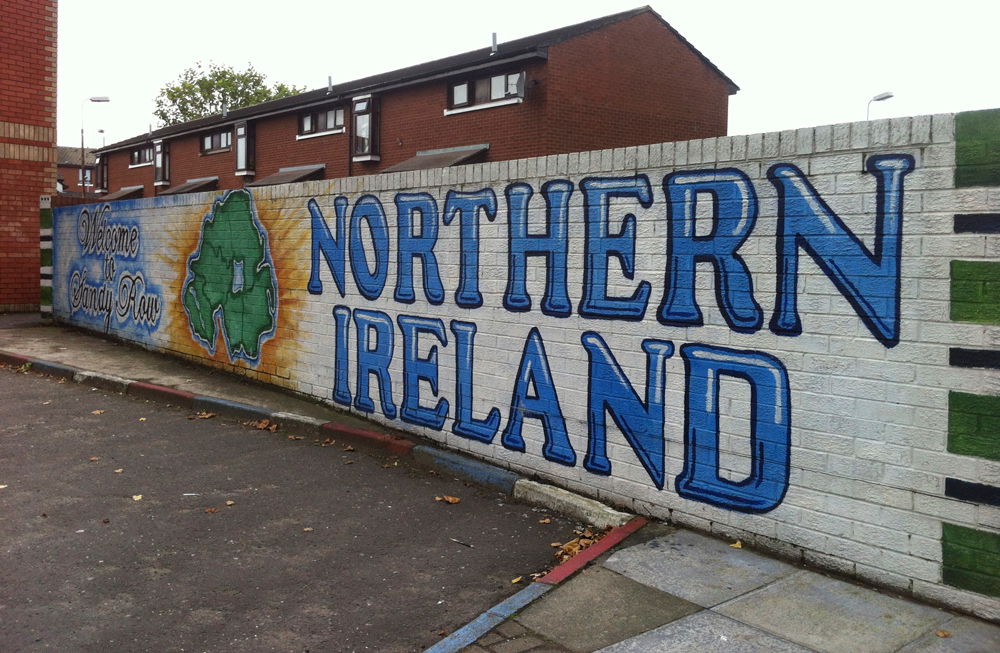
The Origins of Northern Ireland
The exclusion of Ulster from any Irish home rule settlement became the overriding issue of the third home rule bill introduced in 1912. Irish Unionist leader Edward Carson initially ‘hoped to use Ulster Unionist resistance to prevent home rule coming into effect in any part of Ireland’. Partition of...
READ THIS FEATURE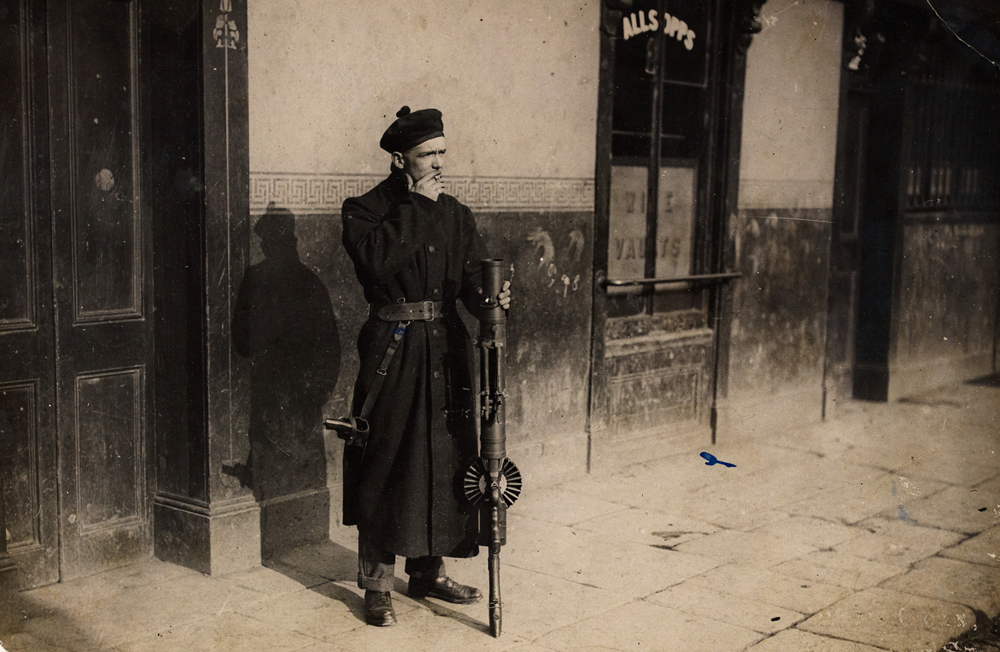
Explainer: Who were the Black and Tans and the Auxiliaries?
The Black and Tans and the Auxiliaries were part of the British crown forces in Ireland (which also included the Royal Irish Constabulary (RIC), the Dublin Metropolitan Police (DMP) and the Ulster Special Constabulary) and both groups were recruited during the War of Independence to supplement the regular police division. ...
READ THIS FEATURE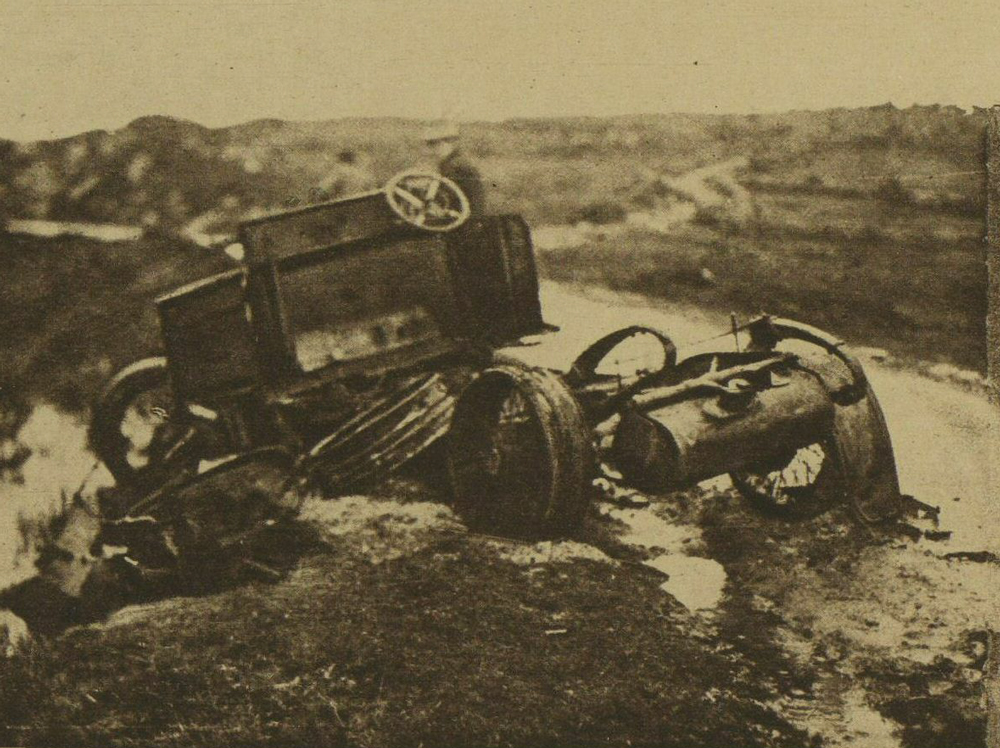
Explainer: The Kilmichael Ambush
What was the Kilmichael Ambush and was it militarily significant? On 28 November 1920, exactly a week after the events of ‘Bloody Sunday’ in Dublin, the West Cork Brigade of the IRA ambushed a police patrol near the village of Kilmichael, 12 kilometres south of Macroom. The ambush resulted in the...
READ THIS FEATURE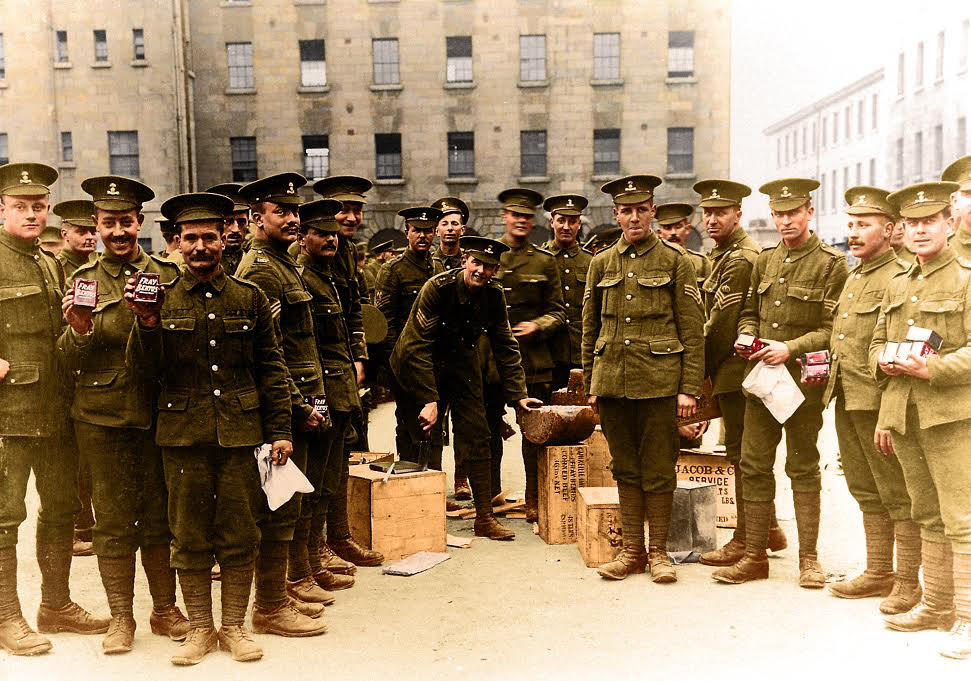
Explainer: What was the Gallipoli campaign?
VISIT OUR SITE ON THE IRISH EXPERIENCE AT GALLIPOLI Why was Gallipoli important? In late 1914 it was clear to the allies that there would be no quick victory in World War One. The western front had become static, and a costly trench war had begun. In November 1914, Winston Churchill, then...
READ THIS FEATUREExplainer: Ireland 1912-1916: An animated history from Home Rule to Easter Rising
This animated film is produced By Scriberia Films for Century Ireland. Narration by Marian Richardson (RTÉ)
READ THIS FEATURE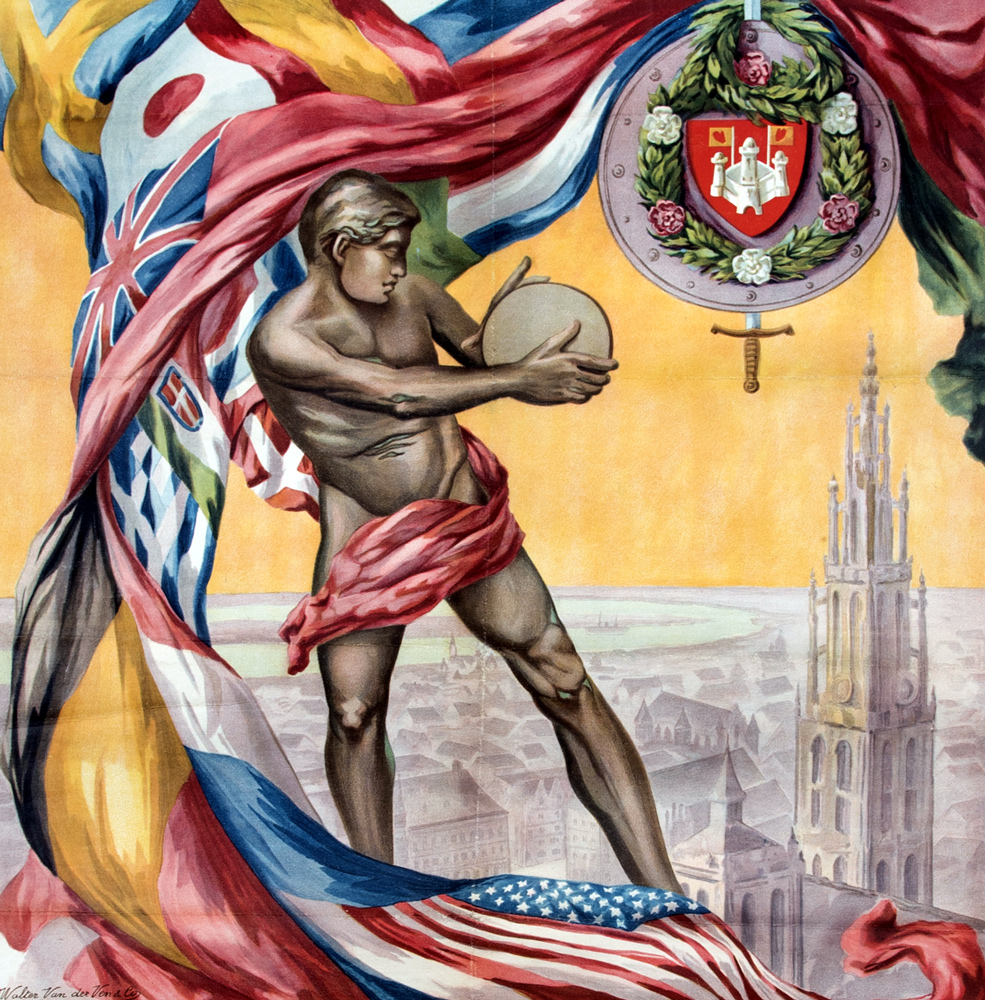
Explainer: Who took part in the Antwerp Olympics?
The 7th Summer Olympics were held in the Belgian city of Antwerp. These were the first games since before the war began, the 1916 games were scheduled to be held in Berlin but were cancelled as Europe was engulfed in violence. While there may have been great excitement at the return...
READ THIS FEATURE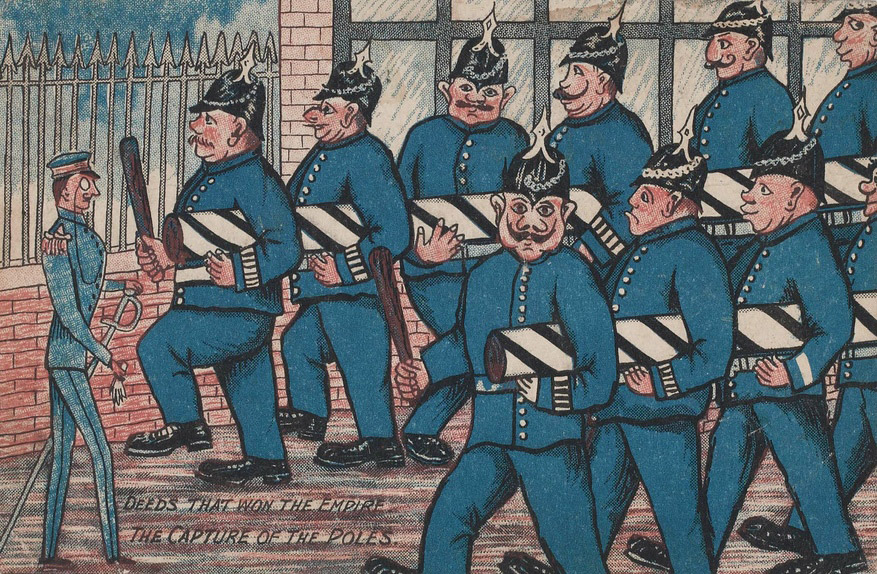
Explainer: Who were the RIC & DMP?
13 January 2020 - The recent row that erupted over the now deferred plans to commemorate members of the Royal Irish Constabulary (RIC) and the Dublin Metropolitan Police (DMP) has not alone focussed attention on the deeds of the pre-independence Irish police forces, but on the men who made up...
READ THIS FEATURE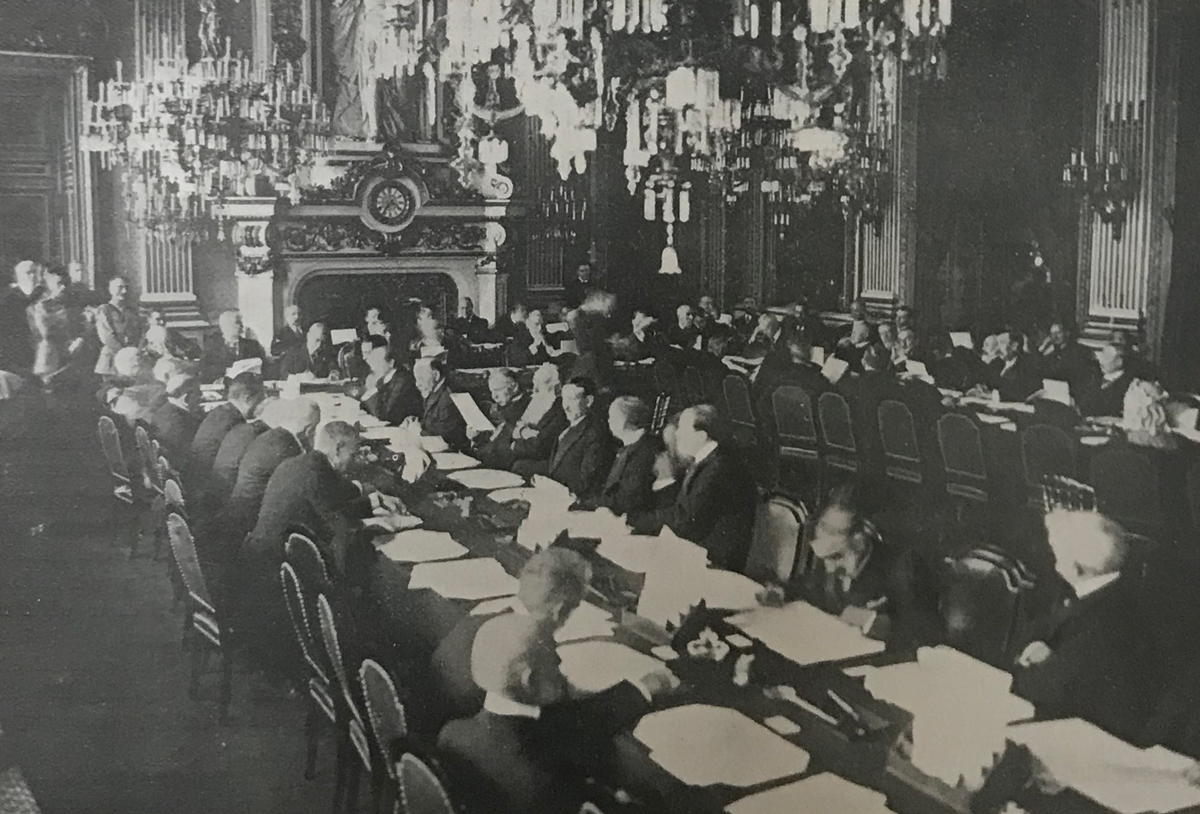
Explainer: The Paris Peace Conference
What was the Paris Peace Conference? The Paris Peace Conference (also the Versailles Peace Conference) was an international summit of world leaders, convened on 18 January 1919, by the victorious Allied powers (France, Italy, United Kingdom, United States), to bring an end to the First World War, and to lay the foundations...
READ THIS FEATURE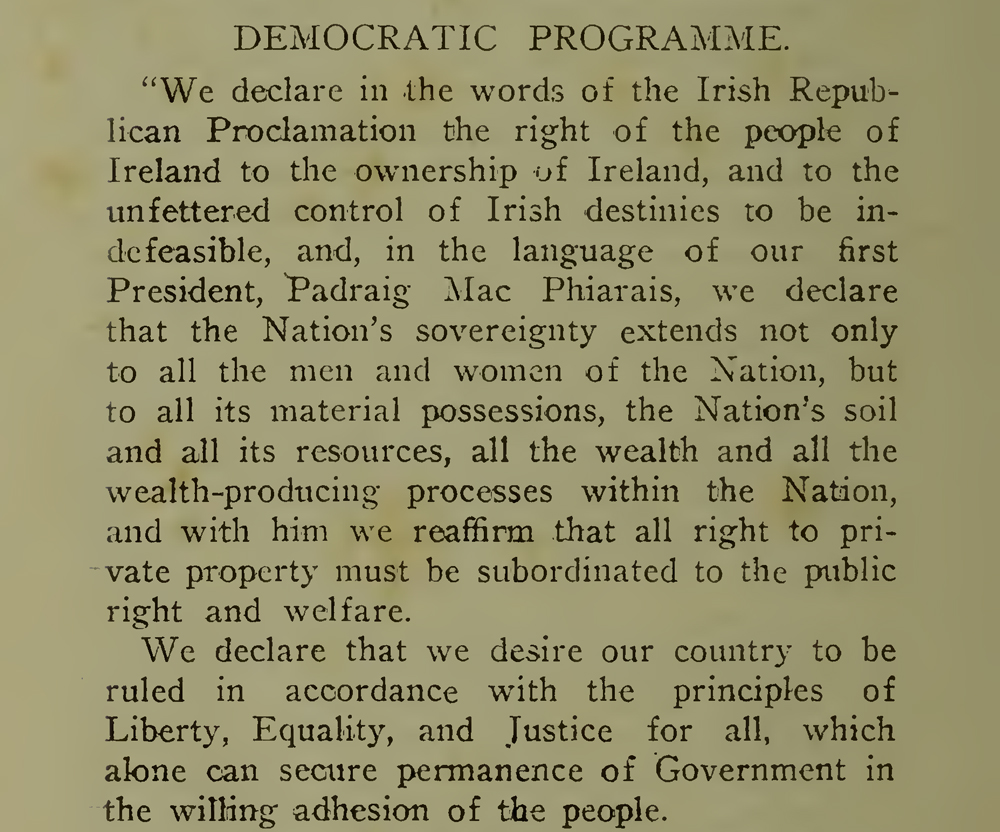
Explainer: The Democratic Programme of the First Dáil
What was it? The Democratic Programme was one of three major documents endorsed at the meeting of the First Dáil. It committed the Dáil to the principle that the ‘ownership of Ireland’ rested with the ‘people of Ireland’ and affirmed that &lsquo...
READ THIS FEATURE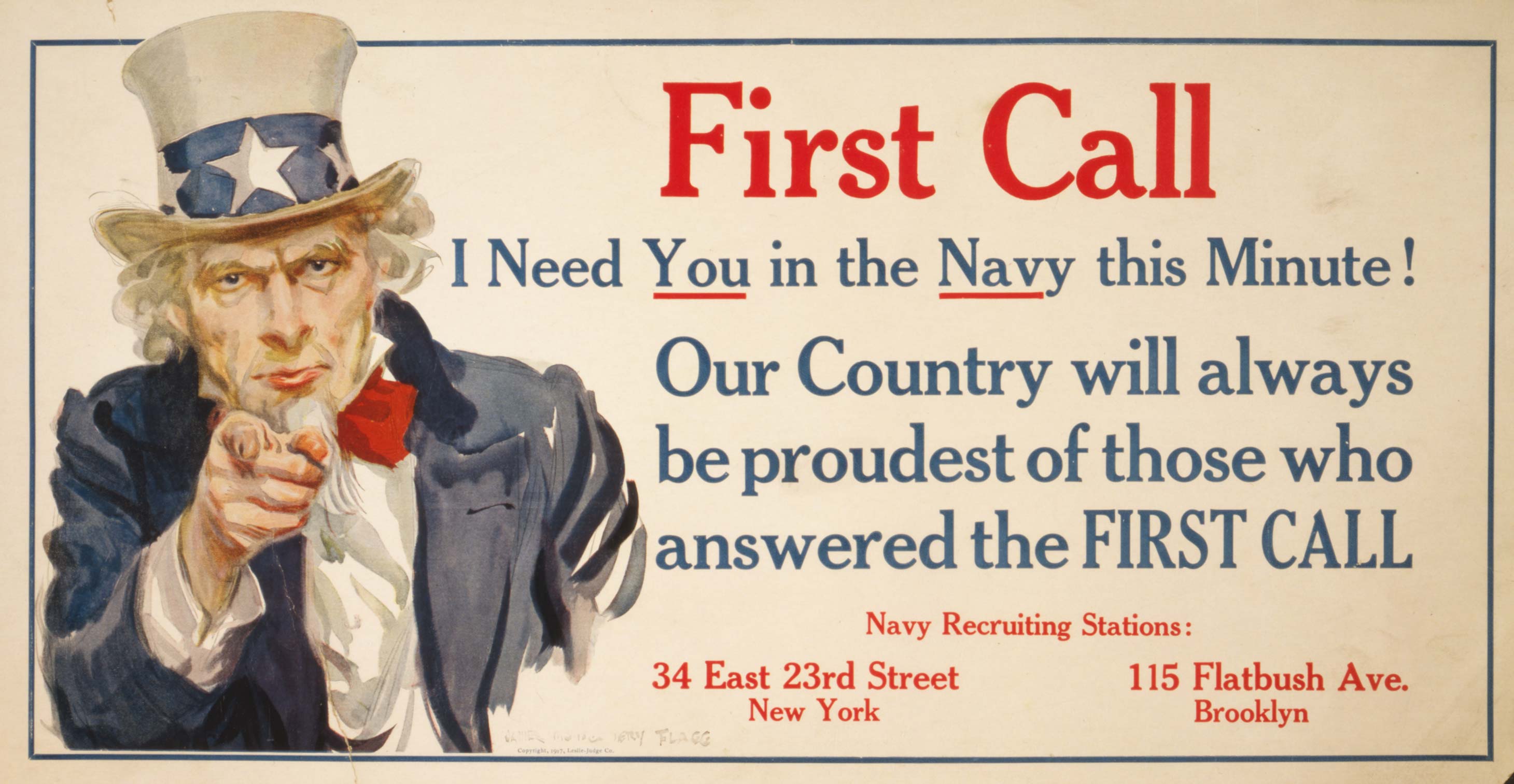
Explainer: Why did the United States join World War One?
War in Europe began in the late summer of 1914 and from the outset the United States clung to a policy of strict neutrality. Despite the loss of American life as a result of the War on the Atlantic Ocean (such as the sinking of the Lusitania in May 1915), President Wilson...
READ THIS FEATURE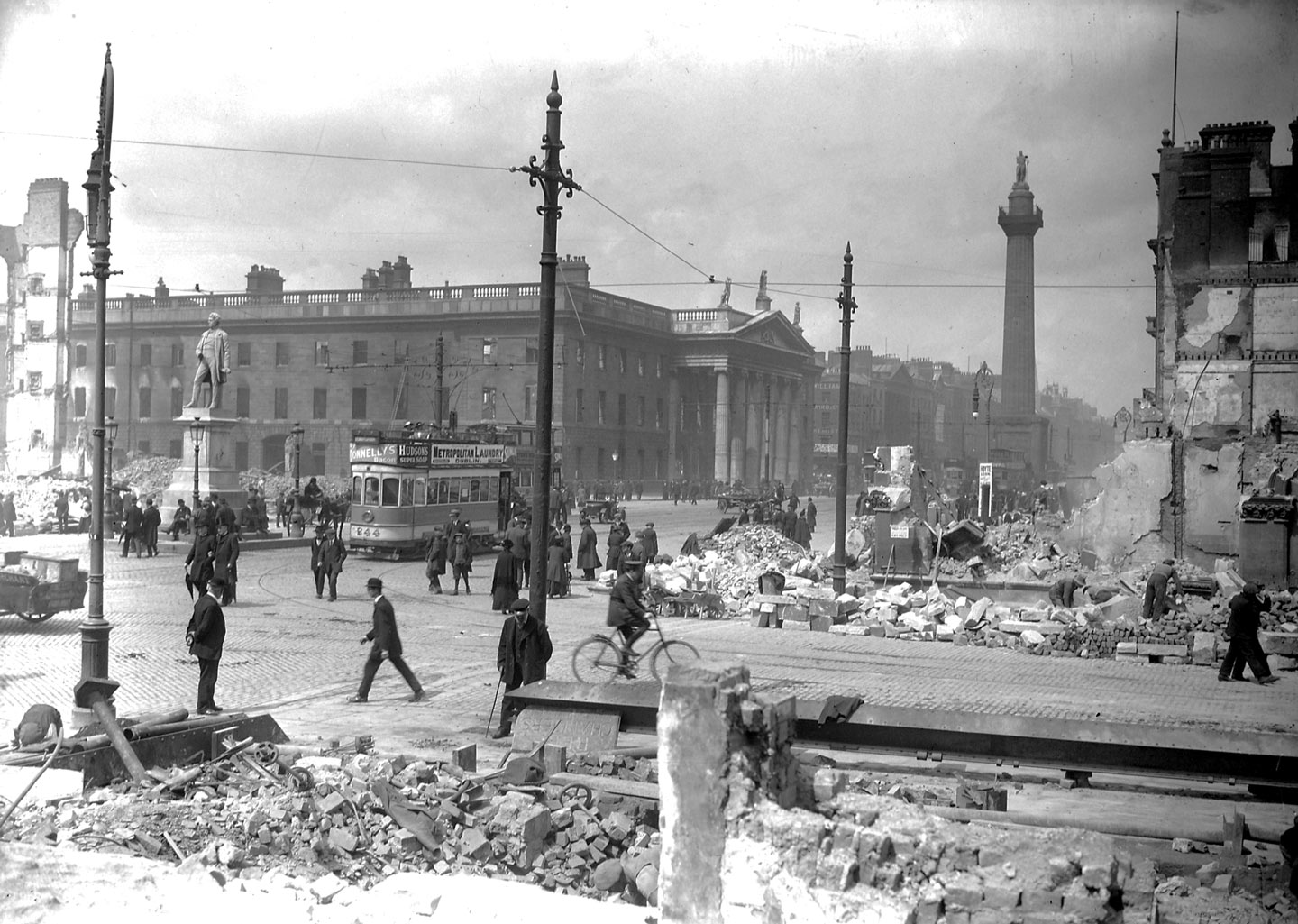
Explainer: What was the Easter Rising?
The Easter Rising took place in Dublin, and a few outposts across the country, between Monday 24 April and Sunday 29 April, 1916. It was a rebellion against British rule in Ireland and was defeated after a swift British military response. As a military campaign the Rising was ultimately a failure but it...
READ THIS FEATURE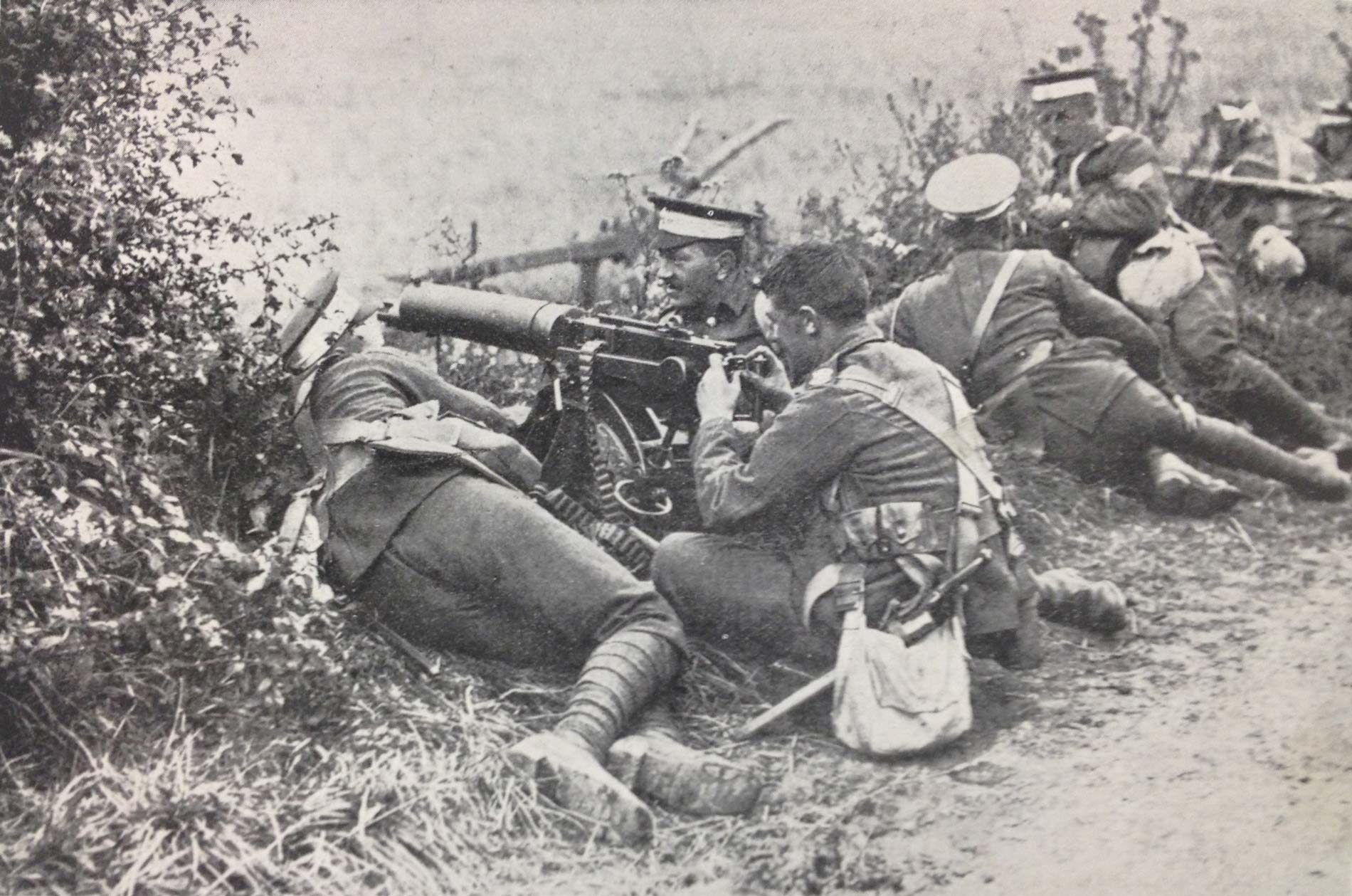
Explainer: The First World War
Why did the First World War break out? The immediate cause of the war was the assassination by Bosnian Serb conspirators of the heir to the Austro-Hungarian throne, Archduke Franz Ferdinand, on 28 June 1914. The ensuing diplomatic crisis is known as the July crisis. By late July, Austria-Hungary had declared war...
READ THIS FEATURE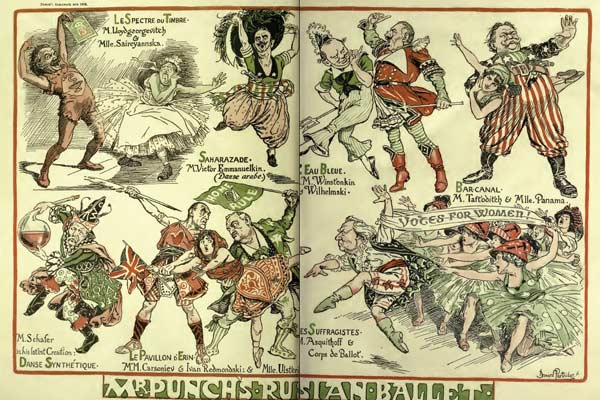
Explainer: What was Home Rule?
What was Home Rule? Home Rule was the demand that the governance of Ireland be returned from Westminster to a domestic parliament in Ireland. Ireland had had its own parliament up to 1800 when the Act of Union ended Irish representation at the parliament sitting at College Green in Dublin. Under...
READ THIS FEATURE- Explainer: Negotiating the Treaty, October-December 1921
- Explainer: Establishing the First Dáil
- The Origins of Northern Ireland
- Explainer: Who were the Black and Tans and the Auxiliaries?
- Explainer: The Kilmichael Ambush
- Explainer: What was the Gallipoli campaign?
- Explainer: Ireland 1912-1916: An animated history from Home Rule to Easter Rising
- Explainer: Who took part in the Antwerp Olympics?
- Explainer: Who were the RIC & DMP?
- Explainer: The Paris Peace Conference
- Explainer: The Democratic Programme of the First Dáil
- Explainer: Why did the United States join World War One?
- Explainer: What was the Easter Rising?
- Explainer: The First World War
- Explainer: What was Home Rule?
- Explainer: Negotiating the Treaty, October-December 1921
- Explainer: Establishing the First Dáil
- The Origins of Northern Ireland
- Explainer: Who were the Black and Tans and the Auxiliaries?
- Explainer: The Kilmichael Ambush
- Explainer: What was the Gallipoli campaign?
- Explainer: Ireland 1912-1916: An animated history from Home Rule to Easter Rising
- Explainer: Who took part in the Antwerp Olympics?
- Explainer: Who were the RIC & DMP?
- Explainer: The Paris Peace Conference
- Explainer: The Democratic Programme of the First Dáil
- Explainer: Why did the United States join World War One?
- Explainer: What was the Easter Rising?
- Explainer: The First World War
- Explainer: What was Home Rule?
Century Ireland
The Century Ireland project is an online historical newspaper that tells the story of the events of Irish life a century ago.
